Add an Endorsement
Special Education
Program Description
The Special Educator Endorsement Program is a ROPA-approved, 24-credit sequence of coursework and practical experience designed to prepare eligible Vermont licensed teachers for the Vermont special educator endorsement. Upon completion of the program, VT-HEC will recommend successful candidates to the AOE for endorsement.
New cohorts begin every summer. Each cohort is affiliated with Vermont State University.
If you don’t have a Vermont teaching license, learn more about earning your initial license.
Application and Program Requirements
The first step of the application process is for the candidate to communicate with the VT-HEC Special Education (SE) Director to learn about the program and for the director to learn about your goals and your academic and professional background. This will help you and the SE Director determine if VT-HEC’s SE program is the right program for you.
Applicants must have:
- A current VT teaching license
- A school site at which they can conduct the applied course practicum activities
If you decide to apply, you will need to complete a VT-HEC Special Educator Endorsement application form. In addition to the completed and signed application, candidates will need to provide additional documentation to support the application. The Candidate Agreement form lays out what you, as a candidate in the VT-HEC SE program, are committing to. It also spells out the commitment the VT-HEC SE program is making to you.
All applicants must provide copies of their college transcripts (unofficial copies are acceptable) and a letter of support from a supervisor or employer who is familiar with the candidate’s work and who can speak to the candidate’s abilities and professionalism.
For questions or to request application materials, contact Joy Wilcox at [email protected]
Program Timeline + Course Descriptions
These courses are designed to meet the competencies for licensure as a special educator in Vermont.
Year One
Year Two
-

History, Legal Issues, and Support Systems in Special Education – Section 1 (Course)
Start of Day,
2025
|
Start of Day
-

History, Legal Issues, and Support Systems in Special Education – Section 2 (Course)
Start of Day,
2025
|
Start of Day
-

History, Legal Issues, and Support Systems in Special Education – Section 3 (Course)
Start of Day,
2025
|
Start of Day
GUIDING YOU WITH EXPERTISE
Course Instructors
-

Joy Wilcox, M.Ed.
-
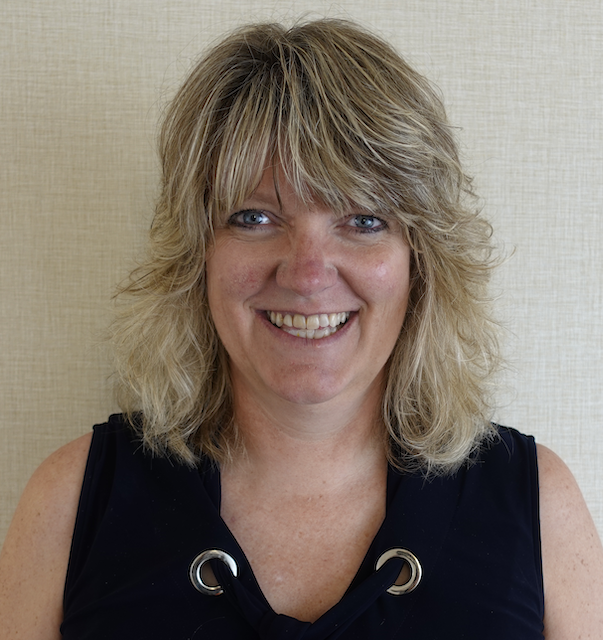
Jennifer Patenaude, M.A.
-

Sarah Schoolcraft, M.Ed.
-
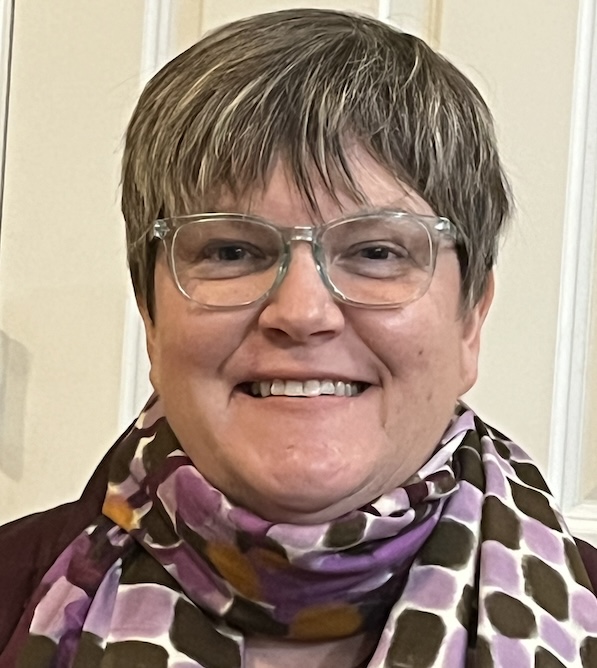
Kara Griswold, M.Ed.
-
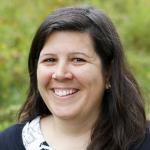
Mandy Couturier, M.Ed.
-

Loralyn LaBombard, Ed.D.
-
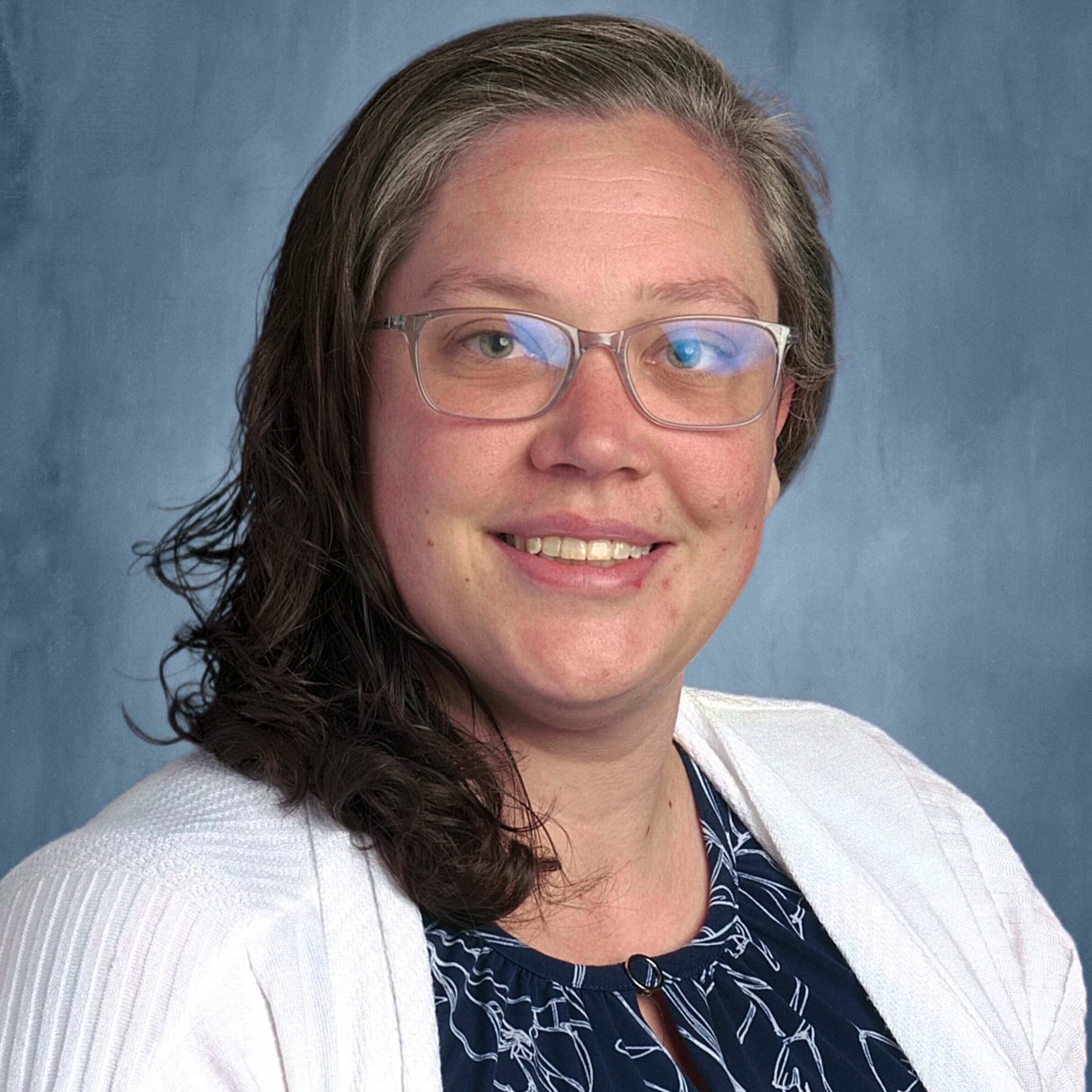
Abigayle Wiggins
-

Amanda Pugliese
-
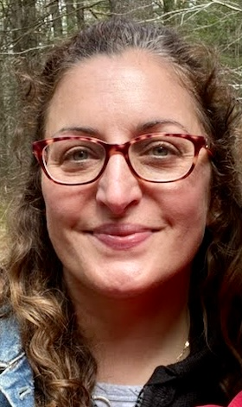
Crista Yagjian, M.Ed.
-

Jenn Randall, M.Ed.
-

Kim Gannon
-

Brianne Wells
-

Andrea Wasson, M.Ed.
